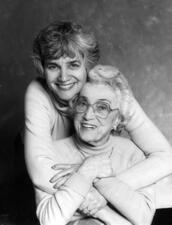
Miriam Belsky Solotaroff
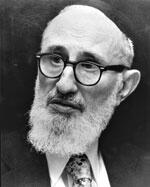
Soloveitchik, Rabbi Joseph Dov
Joseph Dov Soloveitchik shaped Jewish practice and public opinion through the era of second-wave feminism. Despite his sometimes progressive actions, Soloveitchik maintained that women and men had separate religious and familial roles. These positions from the leader of the Modern Orthodox community cemented resistance to Orthodox feminists’ demands to increase their participation in Jewish rituals.

Joey Soloway
Activist, director, and creator of groundbreaking and critically acclaimed series such as Transparent, I Love Dick, and others (and writer for series such as Six Feet Under and United States of Tara), Joey Soloway (previously known as Jill) is also a social activist, considered one of the strongest advocates for women, queer, and nonbinary identities in Hollywood. Soloway identifies as nonbinary, and Judaism, feminism, and modern Jewish culture are resonant themes in their work.
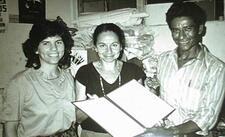
Judy Somberg
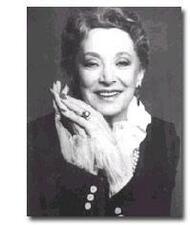
Estelle Joan Sommers
Estelle Joan Sommers was a designer, entrepreneur, and executive who made her career in retail dancewear, introducing innovative designs for Capezio’s dance and exercise clothing.
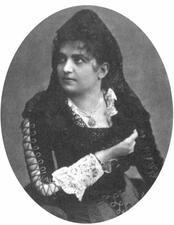
Rosa Sonneschein
Rosa Sonneschein created and edited the American Jewess, the first English-language magazine for Jewish women in the United States, where she advocated for the expansion of women’s roles in the synagogue and the Jewish community and expressed her strong support for Zionism.

Susan Sontag
Susan Sontag was one of the most prominent American writers of the twentieth century. Her work across cultural criticism, fiction, drama, and film, as well as her public persona, made her an icon of the New York intelligentsia whose writing on photography, illness, and art continually inspire engagement and debate.
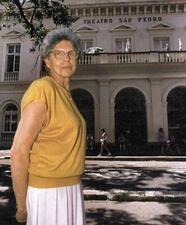
Eva Sopher
Sotah
Sotah, Tractate
Alice Hyneman Sotheran
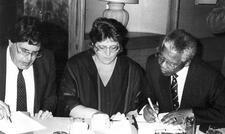
South Africa
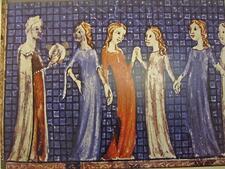
Medieval Spain
Written histories of Jews in medieval Spain rarely include women, so one must seek alternate sources. Marital status was the frequent topic of rabbinic responsa. Some Jewish women made their own income as merchants and moneylenders. Inheritance laws were problematic for Jewish women – disputes were settled in both Jewish and non-Jewish courts.
Muriel Spark
Muriel Spark was a Scottish-Jewish novelist, short story writer, literary critic, poet, editor, and essayist. While many critics marginalize Spark as a “Catholic writer,” it is clear that the wit, intelligence and subversiveness of her fiction are driven not by an unchanging morality but by a radical singularity.
Bertha Kaplan Spector
Born in a Russian shtetl, Bertha Kaplan Spector became a bacteriologist whose authoritative research helped to control an epidemic of amebic dysentery during the Chicago Century of Progress World’s Fair. Her work contributed to a better understanding of the disease, as well as to new standards of hygiene.
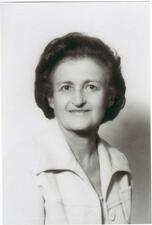
Johanna Spector
Johanna Spector was an influential ethnomusicologist whose writings, recordings, and film projects documented the music of little-studied Jewish communities from around the world. After surviving the Holocaust, Spector earned her doctorate, founded the ethnomusicology department at the Jewish Theological Seminary, established the Society for the Preservation of Samaritan Culture, and served as president of the Asian Music Society.

Regina Spektor
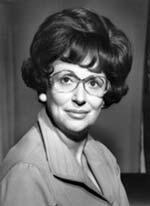
Gladys Noon Spellman
During her five years in Congress, Gladys Noon Spellman was a voice for fiscal reform. Elected in 1975, Spellman served on the Committee on Banking, Currency and Housing, the Democratic Steering and Policy Committee, and the Committee on Post Office and Civil Service. Her service coincided with a period of American politics in which Jews were becoming increasingly visible, both as voters and as elected officials.
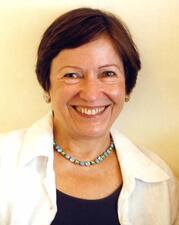
Ruth Sperling
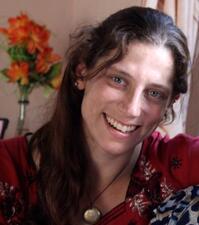
Laura Spero
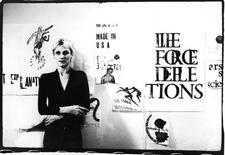
Nancy Spero
Nancy Spero was a figurative artist concerned with difference and the representation of the body. Rejecting postwar trends towards Pop art and abstract impressionism, Spero co-founded the AIR (Artists in Residence) Gallery in 1972, the first cooperative gallery of women artists. Spero also created a mosaic for the Lincoln Center subway station called “Artemis, Acrobats, Divas, and Dancers.”
Bella Spewack
Bella Spewack, in collaboration with her husband Sam, is known for writing some of the most memorable works of musical theater history, including Leave It to Me (1938) and Kiss Me Kate (1948). The Spewacks also wrote screenplays for several 1940s Hollywood hits, such as Weekend at the Waldorf. The couple contributed to many Jewish organizations and founded the Spewack Sports Club for the Handicapped in Ramat Gan, Israel.
Dora Spiegel
Dora Spiegel served in many fields, including education, the organization of league sisterhoods, and publications stimulating women’s loyalty to the synagogue and the Jewish home. She helped found the Women’s Institute of Jewish Studies at the Jewish Theological Seminary of America, influencing the lives of countless Jewish women and children.
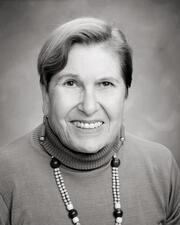
Marcia Cohn Spiegel
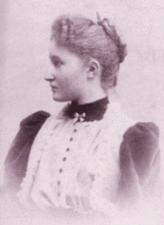
Flora Langerman Spiegelberg
Flora Langerman Spiegelberg made substantial innovative contributions to civic welfare and Jewish life. She was a nineteenth-century settler of New Mexico and a twentieth-century progressive reformer in New York City who fought for public sanitation regulations and better working conditions for garbage collectors.


